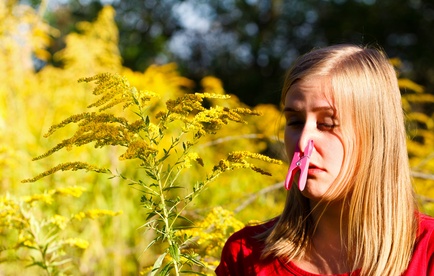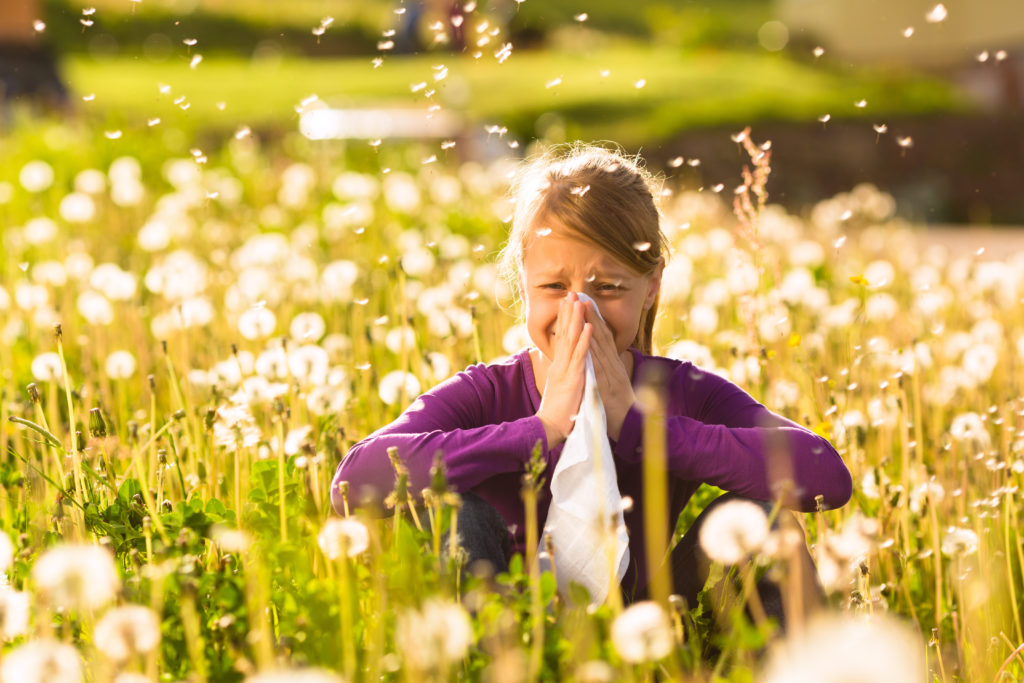Spring is the most beautiful time of the year, right? It’s because it’s the time when the days are longer and warmer while the trees and flowers are blooming. Despite all that, some people face a tough time during spring. And that is all due to spring allergies.

People suffering from spring allergies will experience conditions such as sneezing, itchy eyes, sniffling, and an assortment of other unpleasant symptoms for months till spring ends. Not fun at all!
If you are one of those people who suffer from seasonal allergies which are dreading at the start of the spring, we’ve got you covered. Spring should not be a season of doom to you but an enjoyable one that gives you the opportunity to venture outdoors. Below are tips that you can use to survive spring allergies.
Start early
“Prevention is better than cure.” It is a statement that some may consider a cliché, but it’s useful when fighting spring allergies. You can prevent allergies by treating your allergies symptoms before they begin. You can do this by visiting your doctor who will first diagnose you to know what causes your allergy symptoms. When the cause is found, you’ll be given allergy medicine that you’ll be taking before spring sets in.
Give salt water a go
If you are not a fan of the allergy meds because they make you feel foggy and tired, then consider other holistic approaches. One approach is using saline nasal rinse which helps to clear allergens such as pollen from the nasal membranes; therefore, minimizing the allergy symptoms. Additionally, gargling with salt water is effective in soothing a scratchy or sore throat.
Limit outside exposure and stay indoors
Try and limit exposure to allergens such as pollen is a vital step in combating spring allergies. At times when the pollen counts are high, that is usually in the morning and evening when there is wind blowing, keep your house windows closed. That also applies if you are moving from one place to another – keep your car windows closed. If you need to get outside for yard work or sports, consider wearing a mask which will help to prevent direct pollen inhalation.
Shower after your outdoor activities

Allergens like pollen are sticky substances which may stick on your skin or hair. This, therefore, means you can bring the pollen inside your house and transfer it to your sofa or bed. Continued exposure may cause congestion and more sneezing.
Therefore, showering will help to rinse away the stuck pollen on your skin or hair. If you can’t shower immediately, the least you can do is to wash your hands. Washing your hands frequently helps to remove the clinging pollens on your hands as well as keep your hands germ free.
Clean your home regularly
Cleaning your house regularly during spring may sound like a lot of work; however, it pays off. Ensure you clean the air filter of your AC as they accumulate allergens from the air. Moreover, clean the vents, bookshelves, and any other places where pollen can collect.
Vacuum twice a week
During the spring season, let your vacuum cleaner be your first cleaning tool. When vacuuming, remember to put on a mask since vacuuming may kick up dust, mold, and pollen that were trapped in your carpet.
Change to new clothes as soon as you get home
Don’t allow the allergens to find a way to your home. Once you get home, remove your clothes and shoes and change into something else. After that, you can then shower.
Final Takeaway
Spring is a season for you to enjoy; therefore, don’t allow allergens to take away the fun from you. Follow these tips and enjoy the spring months.

